Misty Crompton wants to help New Hampshire students succeed by helping make sure all students have the same opportunities to achieve their academic potential, regardless of their personal or social circumstances.
Crompton, who has taught social studies for 20 years at West Running Brook Middle School in Derry, was awarded the 2020 Christa McAuliffe Sabbatical from the New Hampshire Charitable Foundation. The sabbatical, created in 1986 in honor of the Concord High School teacher and astronaut, gives an exemplary New Hampshire teacher a year off with pay and a materials budget to bring a great educational idea to fruition.
Crompton’s idea is a multi-faceted project called “Promoting Just Schools.” It focuses on educational equity – levelling the playing field for students by recognizing how identity, race and culture of students and teachers play out in the classroom.
“What I dream of for particular students is that they feel their teachers actually embrace diversity, recognize the culture of students they work with and are willing to advocate for them,” she said.
“It starts with educators being mindful about their own experience and their own dispositions and how that affects what we do in the classroom,” Crompton said.
During her sabbatical year, Crompton plans to design a blog and website with curriculum resources and support for educators as they become more aware of equity and create projects to include more social awareness in their lessons.
“I want teachers to know that this site will bring them to high-quality resources in partnership with well-researched programs which aim to foster greater social and racial justice and equity,” she said.
Recent nationwide protests calling for racial justice have added additional urgency to Crompton’s work. As she finishes the current school year via remote teaching, she has been making connections with organizations in New Hampshire and nationwide to gather resources and build relationships that will help her incorporate the lessons of the current movement into her project.
Crompton will work with social studies teachers in Derry and with her school district to help analyze curriculum. She hopes to attend national and regional conferences to broaden her own understanding and network with others working on education equity. She plans to develop training presentations for school districts and culminate her project with a larger training event for New Hampshire educators next summer.
A key component of the project will be offering and encouraging what’s known as an “opportunity audit” to ensure school districts have data to support more equity-driven policies. The audit examines many factors including the physical condition of schools, curriculum, disciplinary procedures, distribution of high-quality programs and staff and how achievement is measured.
“I am so excited and grateful for the opportunity to better understand what districts are going to need in terms of support, then be able to comb the country really looking for anything that I can work with to give educators the tools themselves,” she said.
Crompton was inspired to focus on equity when she attended a conference last summer in San Diego sponsored by an organization called Leaders for Just Schools. She and colleagues from around the country spent four days discussing how education is affected by bias, poverty, privilege, identity, culture and “isms” (such as racism, sexism, classism or ableism – which devalues or discriminates against people with physical, intellectual or psychiatric challenges).
“It was transformative,” she said. “I want to create a situation where I can give that experience to the teachers of New Hampshire. The trainings, the professional development and the opportunities to get in front of teachers to do that will be great.”
She realizes that some of the conversations and the work will not be easy.
“Schools cannot be product-driven before understanding the raw materials we have before us,” she wrote in her McAuliffe Sabbatical application. “Sometimes, difficult conversations have to take place regarding economic and social factors which consume our students and all too often seal their fate.”
Another key element of Crompton’s project is to build a coalition of teachers to work on opportunity audits and equity projects in their schools, much like she and her Just Schools colleagues have worked on together since they met last year. The work includes identifying conditions that some might not recognize as detrimental to equity.
As a timely example, she cites equity issues raised by remote, at-home learning required after COVID-19 closed school buildings. Schools worked to cope with how varying levels of support or learning tools at home affect learning and whether to adjust traditional grading as a way to assess student performance.
To address equity, Crompton’s district provided Chromebook laptops to students who did not have them and revised grading to make sure students were not penalized for factors that might be outside their control while learning at home.
“Students are getting help from us, but we are not there physically to make sure they get all of the education support they may need and all of the community support they might not be able to get in one particular day,” she said.
Crompton said the Christa McAuliffe Sabbatical will provide opportunities she never would have dreamed of while working full-time.
“Digging deeper into this work is a true priority, and the combination of time freedom and a grant budget to continue learning as I create will mean more than I can express,” she said.
Having a son with autism has given Crompton a personal perspective about advocating for education equity for her family. Through her project, she hopes to give teachers additional perspective about advocating for equity so children can feel more represented and accepted.
“We will be signaling to students that we understand who they are and what they experience,” she said.
Events of recent weeks have prompted a classic “teachable moment.” Crompton feels that her project is coming at a time when New Hampshire educators and school districts are eager to incorporate the curricula and resources that her project will offer.
“We have such an opportunity to do the work and create more equitable systems right now,” she said. “There is going to be opportunity for some true action, and I would hope that my project could also lend assistance to that.”

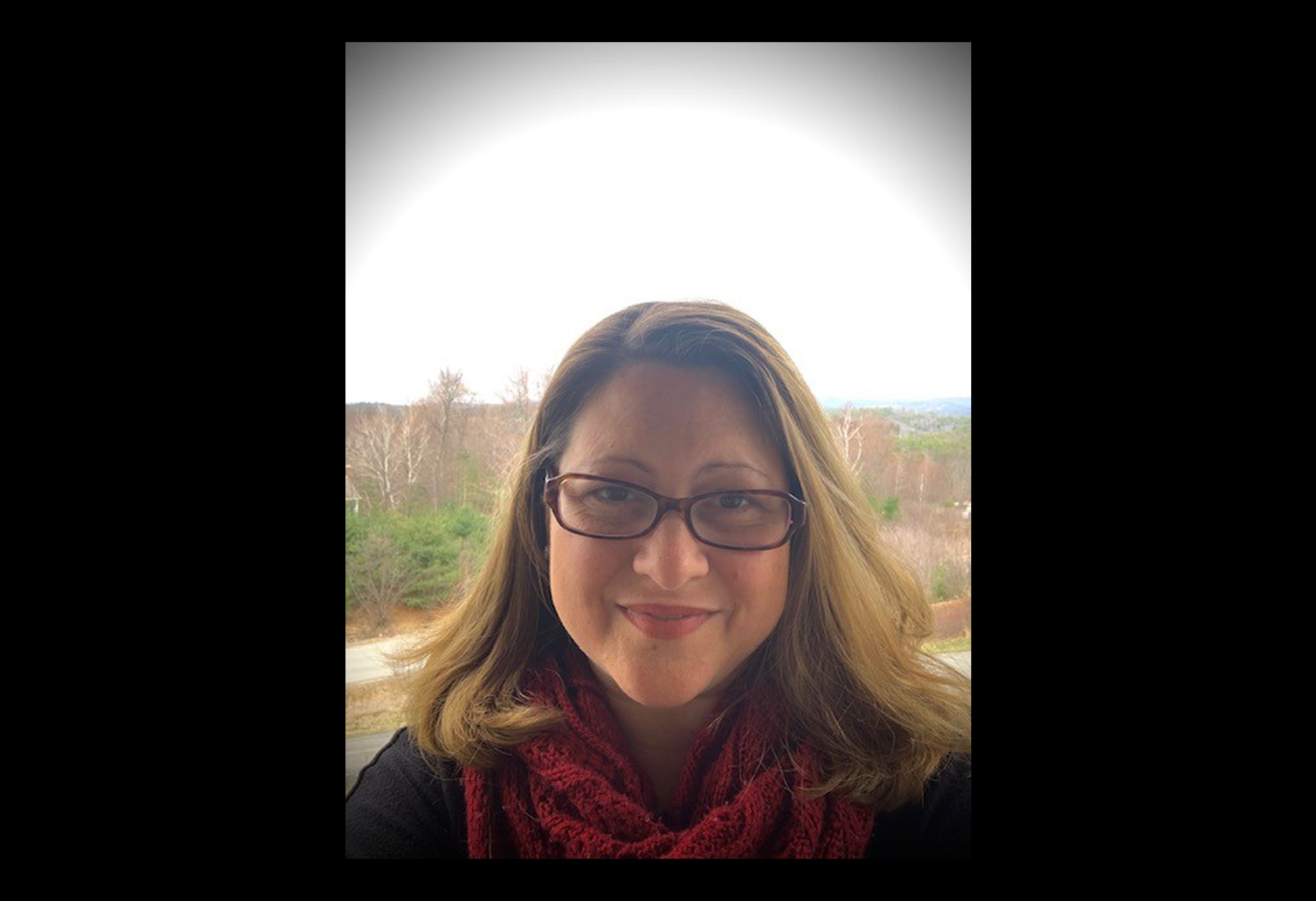





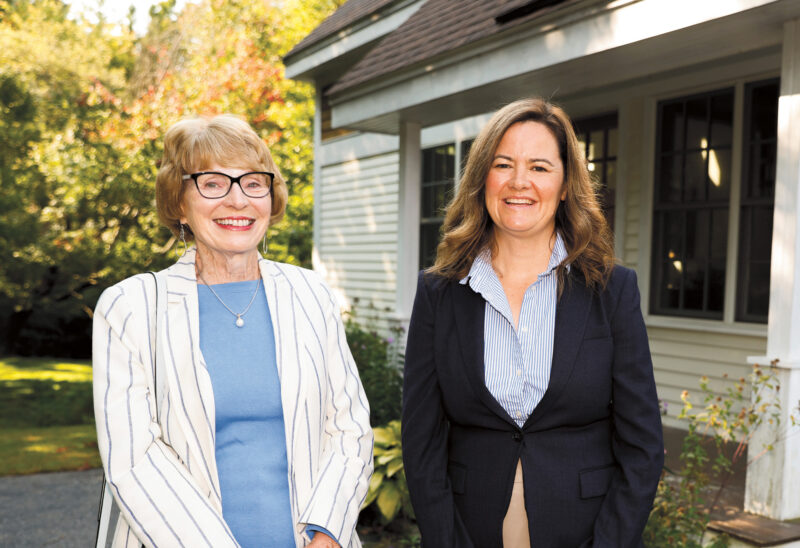
![Charitable Foundation President Dick Ober [Photo by Cheryl Senter]](https://www.nhcf.org/wp-content/uploads/2023/12/dick-ober-purpose-fall-winter-2023-800x548.jpg)
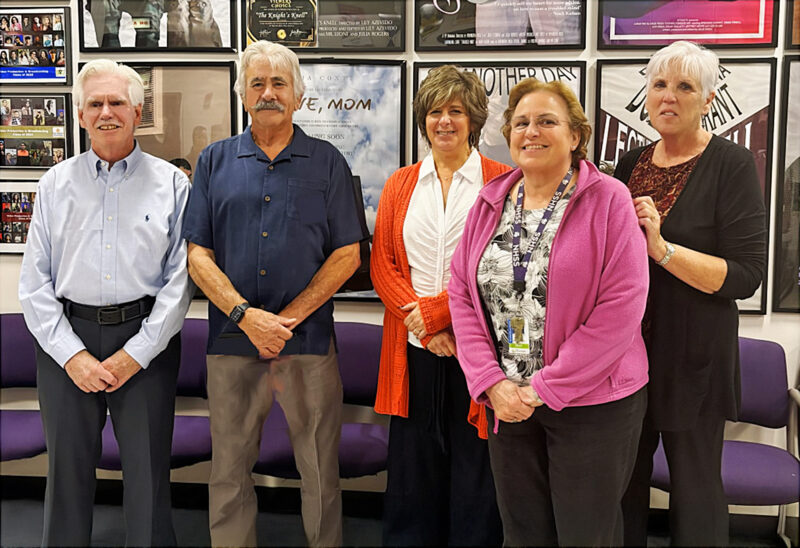

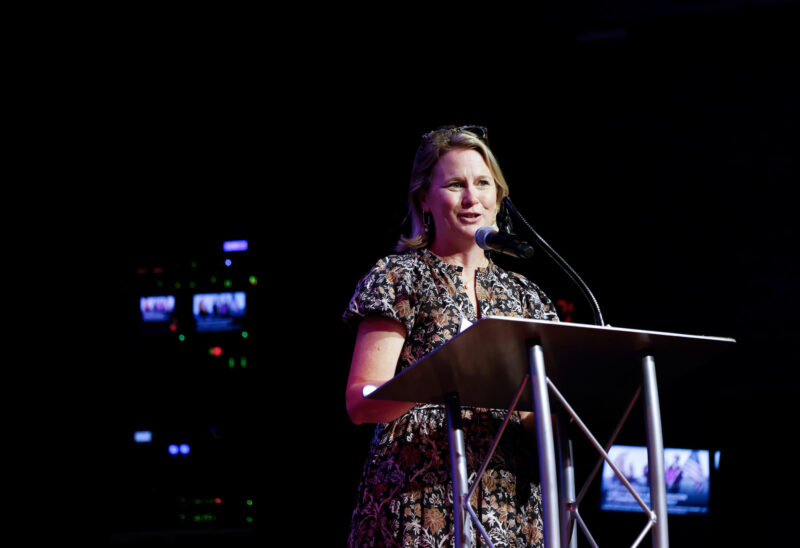


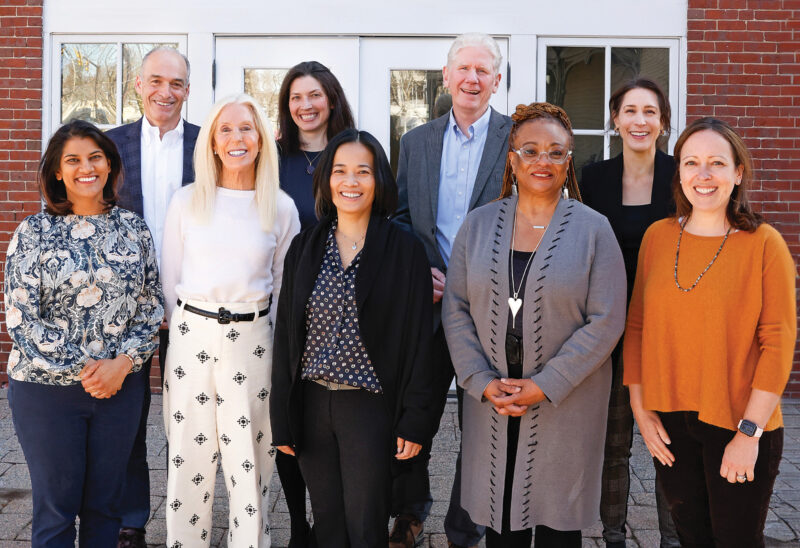

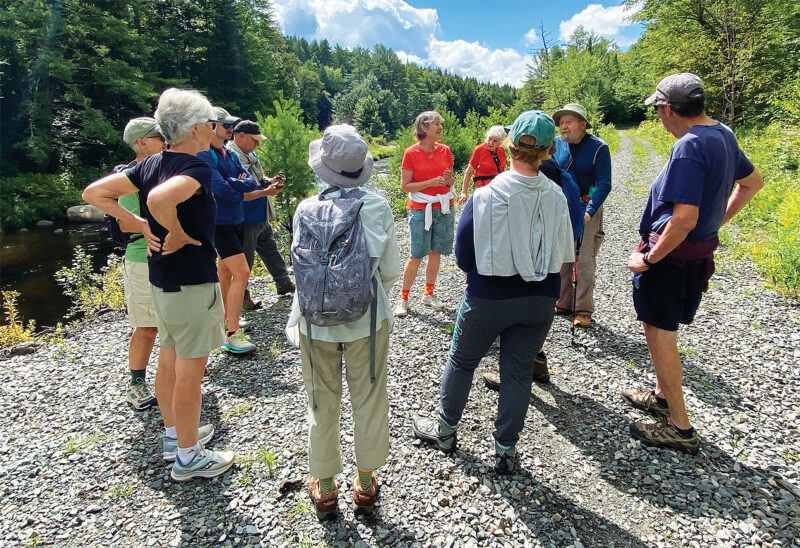
![Oluwakemi Olokunboyo of Dover received a McNabb scholarship to study nursing at Great Bay Community College [Photo by Cheryl Senter]](https://www.nhcf.org/wp-content/uploads/2024/05/Scholarship-Hero-800x548.jpg)